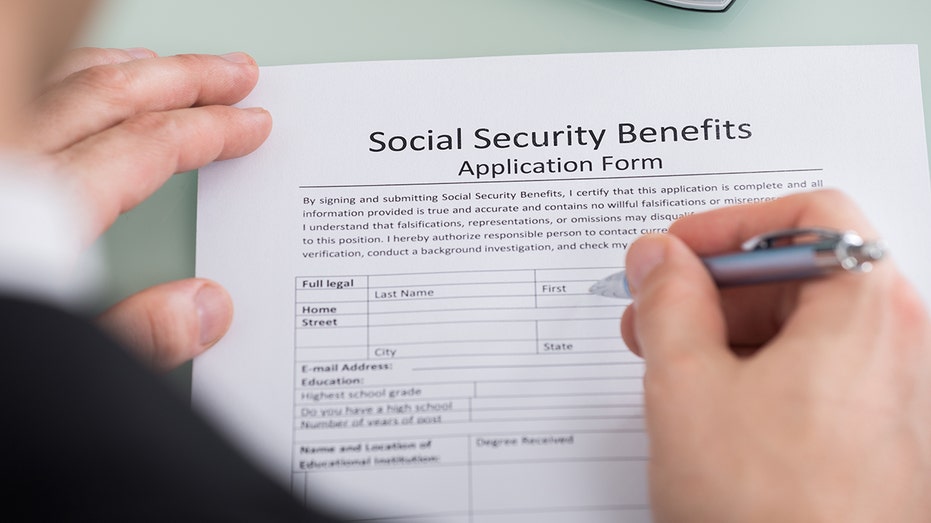4 reasons you shouldn't fear a tax audit
Less than 1% of tax returns get audited each year
The tax-filing deadline is coming up quickly, and that means many filers will no doubt be scrambling in the next week or so to get their returns in order. But while you may be concerned with rounding up your documents and paperwork and checking your tax details carefully, one thing you should be less concerned about is the idea of a tax audit. Here's why.
SOME AMERICANS SAY IT'S OK TO CHEAT ON TAXES
1. They're highly uncommon
You'll often read about tax audits in the news or see them happen on TV. But in reality, they don't happen all that often. In fact, less than 1% of tax returns get audited each year, and given the COVID-19 crisis, it's unlikely that that percentage will climb this year. Many IRS offices remain closed in light of the pandemic, and so there's a good chance the agency will be even less equipped to deal with audits in 2020 than it was in years past.
FILERS MISSING JULY 15 DEADLINE MUST REQUEST EXTENSION, IRS SAYS
2. They're even less common for average earners
If you're an extremely high earner -- or you have no income to report at all -- then your chances of getting audited are higher than usual. But if you're reporting an income between $25,000 and $500,000, then the chances of having your tax return flagged are actually well below 1%.
IRS URGES AMERICANS TO ACTIVATE PREPAID STIMULUS CARDS
But don't assume you're bound to get audited because you do have a higher income to report. Filers with earnings between $500,000 and $1 million only have a 1.10% chance of getting audited, and that figure only climbs to 2.21% for those with earnings between $1 and $5 million. It's only the ultra-rich -- those earning above $5 million a year -- whose audit chances begin to climb substantially.
3. They rarely happen in person
A lot of people picture a tax audit as a face-to-face confrontation with a scary IRS agent. And why wouldn't they? That's how the movies tend to portray it. But one thing you should know about the IRS is that it's understaffed, and so the agency doesn't have the means to come to the door of each filer whose taxes need a second look. Rather, the overwhelming majority of tax audits are conducted by mail, and generally, all you'll need to do is supply the IRS with extra information to back up what you've claimed on your return. In other words, even if you are audited, it will likely be a non-event.
TAX DEADLINE DRAWS NEAR: HOW TO APPLY FOR AN EXTENSION OF TIME TO FILE
4. You can take steps to lower your risk
Let's be clear: Try as you may to steer clear of an audit, in some cases, they can't be helped. But a few key moves on your part could lower your audit risk substantially. For one thing, report all of your income -- that includes the $20 in interest income you received from the bank and the $600 you were paid to do a project on the side. Each time you get a 1099 form summarizing income outside of your regular wages, the IRS gets a copy as well, and having that information match up is crucial to avoiding an audit.

Close-up Of Person Hand Filling Social Security Benefits Form
Next, make sure your deductions are based on firm numbers, not guesses. If you're claiming a medical expense deduction, it's unlikely that it worked out to exactly $3,000, whereas $2,892 is a more believable figure.
CLICK HERE TO READ MORE ON FOX BUSINESS
Finally, make sure the deductions you claim make sense given your income. It's unusual for someone earning $50,000 a year to give $20,000 away to charity, and if that's what you claim, your return may get flagged. On the other hand, if you report an income of $250,000, it's conceivable that you may have indeed given $20,000 of that away.
Many people worry about getting audited each year, but the reality is that you're much better off focusing your energy on getting your taxes done on time and without error. Avoid rushing through the filing process, and there's a good chance the IRS won't come back asking questions.




















